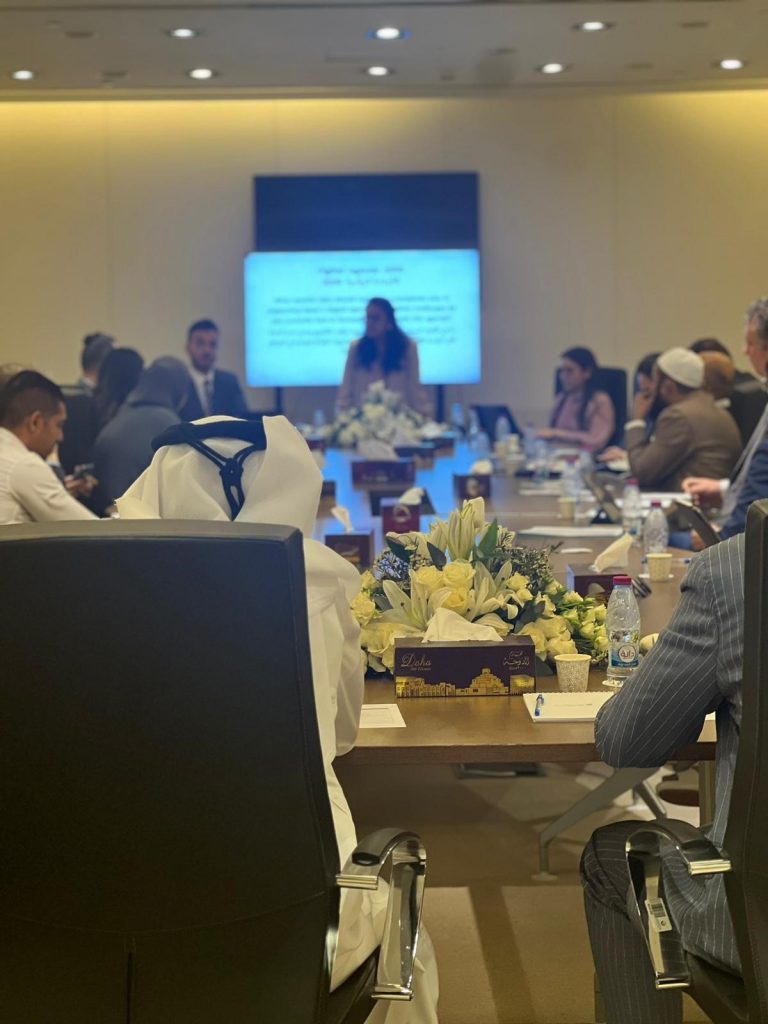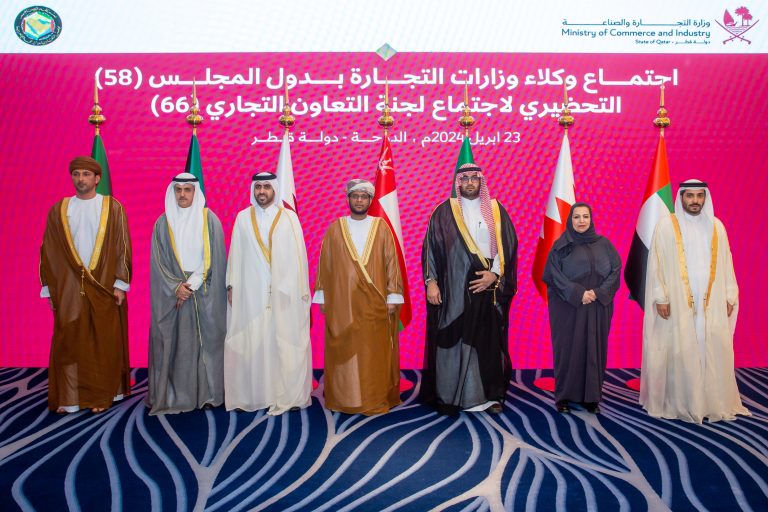A consumer may request to return or exchange an item regardless of his motives, such as: regretting spending the amount paid to the shop, dissatisfaction with the color or size of the item, finding the same item at a lower price at another shop, or purchasing the item as a gift to someone who is unsatisfied with the product.
The amount paid by consumers is refunded according to the method of payment (Credit card – check – cash payment or ATM card)
If a consumer finds that the product is being sold at another shop at a lower price, the owner of the first shop has to compensate the client for the price difference
A supplier must exchange a defective item with a functional one or refund the consumer for expired food products or counterfeit car spare parts.
Suppliers and merchants should clearly display a return and exchange policy in a prominent place at the front of the shop. The policy should be written in Arabic (as well as other languages chosen by the merchant).
The ministry grants traders and suppliers a two-week deadline to comply with the circular upon being notified
Traders shall refrain from posting any documents prohibiting the return or exchange of products
The Ministry of Economy and Commerce has issued a circular to traders over regulations pertaining to the return and exchange policy of products.
The circular outlines in detail under which circumstances a consumer can exchange products or request a refund.
The move comes within the framework of the ministry’s efforts to control the market and ensure the compliance of traders with their obligations under Law No. (8) of 2008 on consumer protection and its regulations.
The circular defines under which circumstances the law explicitly compels shops to return or exchange products as follows:
First – If the consumer finds that the product is defective or fails to meet the value or purpose of its intended use.
For instance, the consumer might find that the product is nonfunctional or doesn’t serve the purpose that it was purchased for; or in case the consumer chooses a product, asks the dealer for a home delivery and later finds that the product is not in its original condition such as being broken or having scratches; or in case the dealer doesn’t grant the consumer the opportunity to try a product before purchasing it and the consumer later finds that the product is nonfunctional.
Second – the non-conformity of a product with standard specifications. For instance, a consumer buys an electrical device (iron, for example), that fails to conform to the standards issued by the Qatar General Organization for Standards and Metrology.
Third – When the item fails to meet the purpose that it was purchased for. For instance, when a consumer purchases an electronic device on the basis that it has multiple functions (a TV, mobile phone …) and finds that some of these functions do not exist; or when the trader fails to secure a trial/ changing room although the nature of the product requires consumers to try it before purchasing it.
The circular also noted that consumers are entitled to return and exchange products without having to prove that the goods are defective or overvalued.
A consumer may request to return or exchange an item regardless of his motives such as: regretting spending the amount paid to the shop, dissatisfaction with the color of or size of the item, finding the same item at a lower price at another shop, or purchasing the item as a gift to someone who is unsatisfied with the product.
In all the above cases, the ministry stressed that shops need to comply with the obligation of the circular and are compelled to refund consumers according to the method of payment.
In case the product is purchased by credit card, the amount is refunded to the card used by the consumer to make the purchase. In case the purchase is made by check, the consumer should be refunded either in cash or by check. In case the purchase was made in cash or by ATM card, the refund should be made in cash.
Partial or full refunds
The ministry also outlined three other cases in which consumers are entitled to request a partial or full refund though these cases do not fall under the exchange and return policy as defined by the Consumer Protection law.
The first case: When the supplier advertises that it is selling a product at the lowest market price and the consumer finds that the same product is being sold at a lower price at another shop.
In this case, the shop should compensate the consumer for the price difference.
The second case: When the dealer commits a violation such as selling consumers expired food or counterfeit car spare parts. In this case, the consumer is entitled to exchange the defective product or request a full refund.
Third case: If the consumer buys a product that doesn’t comply with the terms of his agreement with the dealer. For instance, if the delivered product is not the same as the item requested or is of a different color than the color mentioned on the package. In this case, the consumer is entitled to exchange the product. If the product cannot be exchanged, the dealer has to refund the consumer.
Supplier and dealer obligations:
To ensure the compliance of suppliers and dealers with the circulars, the ministry has asked them to take the following measures:
Suppliers and merchants should clearly display a return and exchange policy in a prominent place at the front of the shop. The policy should be written in Arabic (as well as other languages chosen by the merchant).
Merchants should post the exchange and return policy on the back of the invoice handed to consumers.
Merchants shall refrain from posting any documents prohibiting the return or exchange of products
Merchants shall refrain from posting any banner indicating that products cannot be exchanged or returned.
If the item is delivered to consumers through home delivery service, it should be free of charge
Merchants shall provide a space for consumers to try products before making a purchase
Merchants shall fully refund consumers for the price of products as well as shipping and delivery fees in case consumers are entitled to a refund while taking into account the nature of the product, the defect and the timeframe during which the consumer used the product before discovering the defect.
The ministry granted traders and suppliers a two-week deadline to amend their return and exchange policies and to comply with the circular. Ministry employees will then take action to ensure the compliance of shops with the circular.
Consumer role in protecting his right to return or exchange products
The Ministry of Economy and Commerce would like to bring to the attention of consumers their role in protecting their own rights concerning the return and exchange of products by:
To verify the return and exchange policy when making a purchase at a shop or online dealer
To ask for an invoice to protect their right to exchange or return the product
To keep the product in its original condition to preserve their right to exchange or return the item
To check the product is functional and that the size of the item is suitable before making a purchase
To negotiate with shops any additional terms as part of the exchange and return policy and to document these terms on the invoice
In case the consumer finds difficulty convincing the shop to comply with the terms of the return and exchange policy, he/ she can contact competent authorities at the Ministry of Economy and Commerce through the following communication channels:
– Call Center: 16001
– Email: info@mec.gov.qa
– The social networking accounts of the Ministry of Economy and Commerce:
Twitter @MEC_QATAR
Instagram MEC_QATAR
– The application of the Ministry of Economy and Commerce on smart phones: iPhone and Android devices MEC_QATAR
Ministry of Economy and Commerce issues circular over return and exchange policy of products to regulate transactions between merchants and consumers
May 21, 2016








